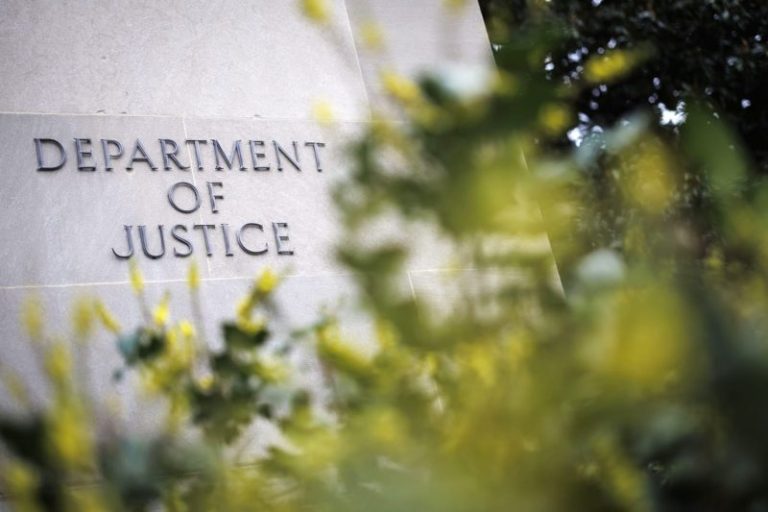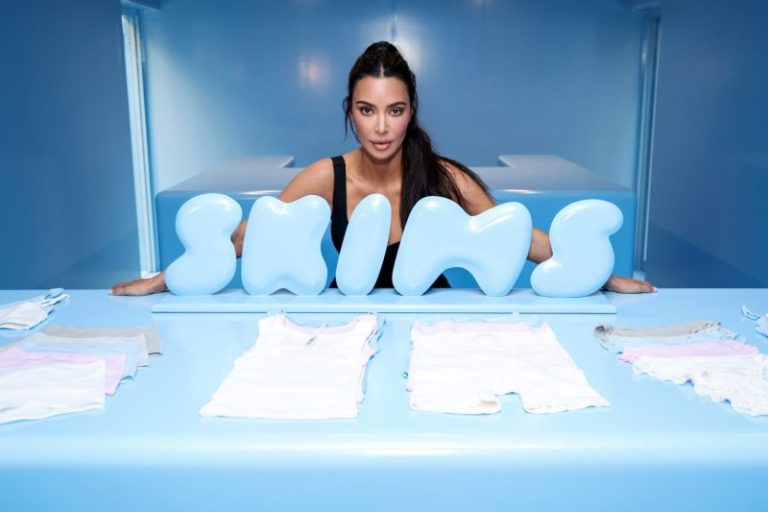- All three methods tested: BIOX®, POX, and the Albion Process yield over 90% gold recovery
- Further work to enhance sulphide recoveries through oxidation, as well as gravity, flotation and CIL recoveries, is in progress
Freegold Ventures Limited (TSX: FVL) (OTCQX: FGOVF) (‘Freegold’ or the ‘Company ‘) is pleased to announce further results from the ongoing metallurgical test work currently underway.
The current initiatives are focused on refining the flowsheet options for the pre-feasibility study. This includes testing and ongoing evaluation of sulphide-oxidizing methods such as BIOX®, POX, and the Albion Process, as well as further gravity, flotation and CIL test work.
Earlier this year, Freegold reported 93% recovery using the Albion Process oxidation-CIL, with further test work ongoing. Comminution tests using half-PQ core have been conducted on over 50 samples from various locations and lithologies within the deposit. These tests provide information to evaluate the trade-off between grind size and liberation versus power consumption, to optimize power requirements and operating costs while enhancing gold recovery.
The BIOX test work has been in progress for several months, and results have shown that gold recovery rates of greater than 90% can be achieved.
|
2025 PROGRAM
Conversion of inferred resources into indicated & further exploration drilling.
|
Summary of Gold Recovery using BIOX®,
A series of BIOX® amenability oxidation tests have been completed using a sulphide rougher concentrate produced from a composite of Golden Summit material sourced from eight diamond drill hole assay rejects. The duration of the biological oxidation tests conducted was 10, 15, 20, 30 and a duplicate 30 days. The residue from these BIOX® tests was subjected to CIL treatment, and overall gold recovery from gravity, rougher flotation, BIOX® treatment, and CIL averaged 91% from this suite of test work.
Summary of Gold Recovery using POX,
Pressure oxidation (POX) treatment of sulphide rougher concentrate, as well as a cleaner concentrate, with lower mass and only marginally lower gold deportment, has been completed. The POX residue was washed and neutralized and subjected to CIL leaching for gold recovery. The POX-CIL testwork has yielded an average overall gold recovery of over 92% in a process flowsheet incorporating gravity, flotation, POX, and CIL.
This testwork utilized eight drill core composites comprising 1,192 meters of drill intercepts that represent 587 continuous mineralized intervals, with a total material weight of over 5,100 kilograms. These composites represent different locations and grades within the Dolphin and Cleary area and were created using continuous drill intervals chosen to reflect potential mill feed (Refer to the map below for hole locations.) The selections of drill holes and intervals included the primary gold-hosting lithologies. These composites were prepared from laboratory assay rejects of fresh rock intervals located well below the existing oxide cap at Golden Summit. Additionally, four large-diameter PQ holes were drilled during 2024. A total of 7,600 kg has been made available for comminution testing and ongoing metallurgical testwork.
Two additional PQ holes are being drilled in the 2025 program to enhance our metallurgical test work. This work aims to provide data for trade-off studies in the pre-feasibility study, developing a process flowsheet to maximize economic returns. Ongoing tests indicate that part of the mineralization is non-refractory and can be processed conventionally, although additional sulfide processing is necessary for optimal recovery. The September 2024 resource estimate, based on a gold price of $1,973 , included grinding, gravity separation, flotation, regrinding of sulphide concentrate, and CIL treatment, achieving a 72% gold recovery rate at a processing cost of $14 per ton.
The current program is designed to test sulphide oxidation methods, aiming to increase recoveries beyond the 72% gold recovery reported in the September 2024 resource estimate. Each of the three oxidation methods tested successfully demonstrated the potential to achieve gold recoveries exceeding 90%. These methods may increase costs; however, higher gold recoveries and gold prices could offset the additional capital expenditures (CAPEX) and operating expenditures (OPEX ) costs. Ongoing work will focus on identifying the most suitable oxidation method for use in the pre-feasibility study.
Discovery costs at Golden Summit are under $4.00 per ounce. Since 2020, exploration at Golden Summit has transformed the project, evolving to one of North America’s most significant undeveloped gold resources, owing to a revised interpretation, extensive drilling, and a robust metallurgical program. There remains considerable potential for further expansion and optimisation as the project advances. The revised mineral resource estimate, incorporating the 2024 drilling, is expected to be finalised soon.
The current 2025 drilling program aims to upgrade inferred resources to indicated through infill drilling. Drilling for geotechnical purposes, resource definition, and additional metallurgical test holes will also be carried out. A total of 30,000 metres of drilling is planned. Archaeological fieldwork and geotechnical drilling are scheduled to commence shortly, with a fourth drill rig added to enhance exploration efforts. A pre-feasibility study is set to begin later this year.
Link to the Plan Map:
https://freegoldventures.com/site/assets/files/6287/fvl06192025_ddhplan.png
HQ Core is logged, photographed and cut in half using a diamond saw, and one-half placed in sealed bags for preparation and subsequent geochemical analysis by MSA Laboratories in Prince George, BC , and/or Fairbanks, Alaska . At MSALABS, the entire sample will be dried and crushed to 70% passing -2mm (CRU-CPA). A ~500g riffle split will be analyzed for gold using CHRYSOS PhotonAssay (CPA-Au1). From this, 250g will be further riffle split from the original PhotonAssay sample, pulverized, and a 0.25g sub-sample analysed for multi-element geochemistry using MSA’s IMS230 package, which includes 4-acid digestion and ICP-MS finish. MSALABS operates under ISO/IEC 17025 and ISO 9001 certified quality systems. A QA/QC program includes laboratory and field standards inserted every ten samples. Blanks are inserted at the start of the submittal, and at least one blank every 25 standards.
The Qualified Person for this release is Alvin Jackson, P.Geo., Vice President of Exploration and Development for Freegold, who has approved the scientific and technical disclosure in this news release.
About Freegold Ventures Limited
Freegold is a TSX-listed company focused on exploration in Alaska . It holds the Golden Summit Gold Project near Fairbanks and the Shorty Creek Copper-Gold Project near Livengood through leases.
Some statements in this news release contain forward-looking information, including, without limitation, statements as to planned expenditures and exploration programs, potential mineralization and resources, exploration results, the completion of an updated NI 43-101 technical report, and any other future plans. These statements address future events and conditions and, as such, involve known and unknown risks, uncertainties, and other factors which may cause the actual results, performance, or achievements to be materially different from any future results, performance, or achievements expressed or implied by the statements. Such factors include, without limitation, the completion of planned expenditures, the ability to complete exploration programs on schedule, and the success of exploration programs. See Freegold’s Annual Information Form for the year ended December 31st, 2024 , filed under Freegold’s profile at www.sedar.com , for a detailed discussion of the risk factors associated with Freegold’s operations. On January 30, 2020 , the World Health Organization declared the COVID-19 outbreak a global health emergency. Reactions to the spread of COVID-19 continue to lead to, among other things, significant restrictions on travel, business closures, quarantines, and a general reduction in economic activity. While these effects have been reduced in recent months, the continuation and re-introduction of significant restrictions, business disruptions, and related financial impact, and the duration of any such disruptions cannot be reasonably estimated. The risks to Freegold of such public health crises also include employee health and safety risks and a slowdown or temporary suspension of operations in geographic locations impacted by an outbreak. Such public health crises, as well as global geopolitical crises, can result in volatility and disruptions in the supply and demand for various products and services, global supply chains, and financial markets, as well as declining trade and market sentiment and reduced mobility of people, all of which could affect interest rates, credit ratings, credit risk, and inflation. As a result of the COVID-19 outbreak, Freegold has implemented a COVID management program and established a full-service Camp at Golden Summit to attempt to mitigate risks to its employees, contractors, and community. While the extent to which COVID-19 may impact Freegold is uncertain, it is possible that COVID-19 may have a material adverse effect on Freegold’s business, results of operations, and financial condition.
SOURCE Freegold Ventures Limited
View original content to download multimedia: http://www.newswire.ca/en/releases/archive/June2025/19/c8191.html
News Provided by Canada Newswire via QuoteMedia










